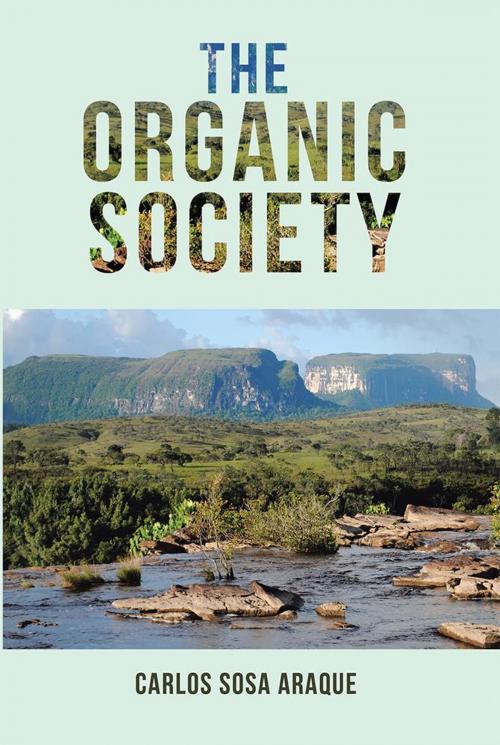The Organic Society
Nonfiction, Reference & Language, Education & Teaching, Social & Cultural Studies, Social Science| Author: | Carlos Sosa Araque | ISBN: | 9781506519715 |
| Publisher: | Palibrio | Publication: | April 4, 2017 |
| Imprint: | Palibrio | Language: | English |
| Author: | Carlos Sosa Araque |
| ISBN: | 9781506519715 |
| Publisher: | Palibrio |
| Publication: | April 4, 2017 |
| Imprint: | Palibrio |
| Language: | English |
The modern society is determined by a rational economic system, based on the individualistic behavior of man, which determines and models social institutions where the elements associated to equality and solidarity are not properly incorporated into the economic systems. We deem it necessary to explore other dimensions of human reality other than rationality in order to accomplish our true purpose: the implementation of a type of organization where collaboration, solidarity, and caring for others shape organizational and social systems. To this end, we must start by reviewing which factors affect human behavior so that a harmonious human social system may be created. Humans cannot be represented only as rational beings in order to deal properly with motivational factors in organizational and social systems. Factors other than reason should be included in the sources of motivation of people, like heart, consciousness, and intuition. A different type of organization should be based on a different paradigm in order to replace modern organizations. The search for this new paradigm may be provided by natural systems. A different organizational model can be created based on the organic paradigm in order to build an alternative organizational structure. The term organic will denote an organizational net structure, which can be modeled as an organic system with properties specific to organic beings, such as adaptation, integration, collaboration, equilibrium, and flexibility. The organic structure is a powerful tool for modeling social, organizational, and natural structures. The organic organization should be based on a higher principle: the law of love. Man should be able to dream and work for the establishment of more harmonious organizational and social systems, by the adoption of this powerful metaphor, to create fairer, more cooperative, and more harmonious social and organizational realities. This may lead to the establishment of the organic society by means of incorporating the organic paradigm into social and organizational institutions. The law of love and the creation of the organic society show what can be done at both organizational and social levels to design a social order where the separateness can be finally overcome. The organic paradigm is a powerful tool to stimulate mans integration to both society and nature, potentially more powerful than the existing individualistic and rational paradigms.
The modern society is determined by a rational economic system, based on the individualistic behavior of man, which determines and models social institutions where the elements associated to equality and solidarity are not properly incorporated into the economic systems. We deem it necessary to explore other dimensions of human reality other than rationality in order to accomplish our true purpose: the implementation of a type of organization where collaboration, solidarity, and caring for others shape organizational and social systems. To this end, we must start by reviewing which factors affect human behavior so that a harmonious human social system may be created. Humans cannot be represented only as rational beings in order to deal properly with motivational factors in organizational and social systems. Factors other than reason should be included in the sources of motivation of people, like heart, consciousness, and intuition. A different type of organization should be based on a different paradigm in order to replace modern organizations. The search for this new paradigm may be provided by natural systems. A different organizational model can be created based on the organic paradigm in order to build an alternative organizational structure. The term organic will denote an organizational net structure, which can be modeled as an organic system with properties specific to organic beings, such as adaptation, integration, collaboration, equilibrium, and flexibility. The organic structure is a powerful tool for modeling social, organizational, and natural structures. The organic organization should be based on a higher principle: the law of love. Man should be able to dream and work for the establishment of more harmonious organizational and social systems, by the adoption of this powerful metaphor, to create fairer, more cooperative, and more harmonious social and organizational realities. This may lead to the establishment of the organic society by means of incorporating the organic paradigm into social and organizational institutions. The law of love and the creation of the organic society show what can be done at both organizational and social levels to design a social order where the separateness can be finally overcome. The organic paradigm is a powerful tool to stimulate mans integration to both society and nature, potentially more powerful than the existing individualistic and rational paradigms.















